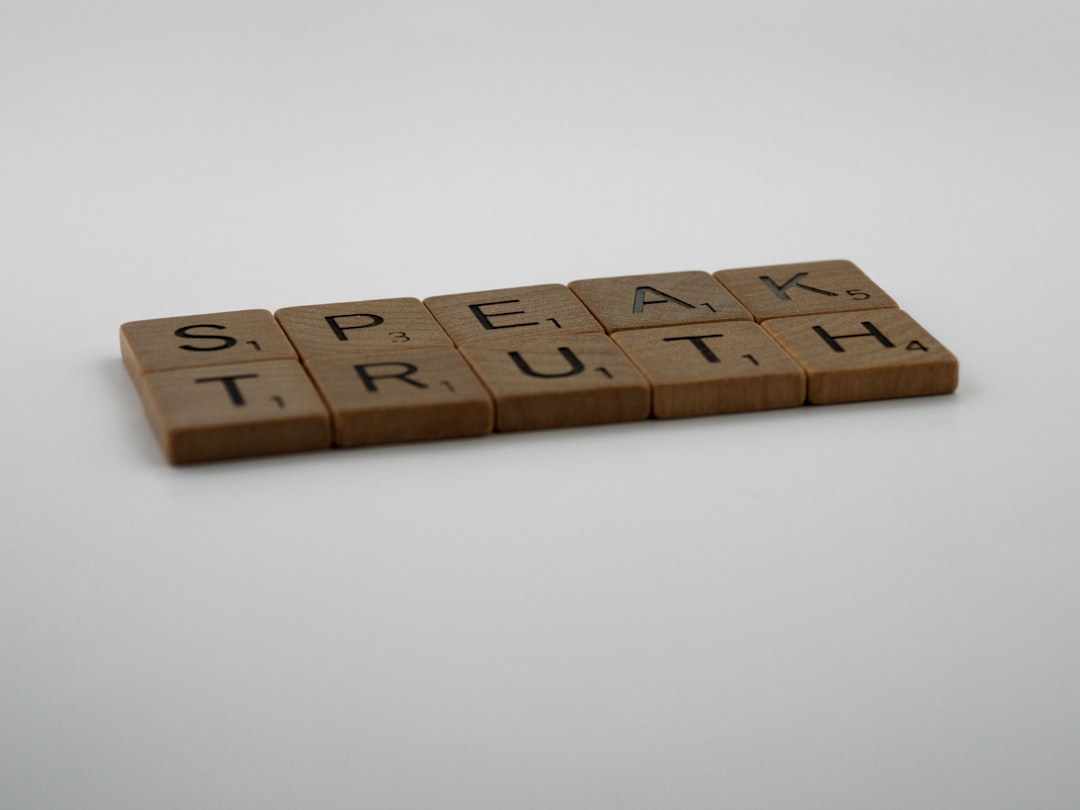In online dating apps, particularly in the LGBTQ+ community, there’s an entire language made up of abbreviations, acronyms, and slang. If you’re using Grindr or considering joining the platform, you’ve likely come across the term “DDF.” At first glance, it might be confusing or ambiguous. Understanding what certain abbreviations mean can help ensure respectful, honest, and informed interactions with others.
TL;DR
DDF stands for “Drug and Disease Free.” It’s commonly used on dating apps like Grindr to signal that a person doesn’t use recreational drugs and doesn’t have any known sexually transmitted infections (STIs). While the term is meant to promote transparency in sexual health, it’s also been criticized for being vague and potentially stigmatizing. Understanding its context and implications can help you navigate the world of online dating more responsibly.
What Does “DDF” Mean?
DDF is an acronym for Drug and Disease Free. You’ll often find it in user profiles or bios on dating platforms such as Grindr. The term started gaining popularity in online personals and social platforms in the early internet era and has persisted, especially in spaces where people are looking for casual encounters.
The term conveys two main messages:
- No recreational drug use. The individual claims that they don’t use illegal or recreational drugs such as methamphetamine, cocaine, or ecstasy.
- No sexually transmitted diseases. The individual believes or asserts that they are free from STIs like HIV, herpes, or gonorrhea.
Given the nature of many Grindr interactions — often short-term or based on immediate hookups — shorthand like “DDF” communicates important information quickly. But the simplicity of “DDF” can sometimes make it an imperfect or misleading term.
Is DDF Always Accurate?
Just because someone says they are “DDF” doesn’t necessarily mean they’ve been recently tested or have accurate knowledge of their health status. Sexual health is nuanced, and not all STIs show symptoms right away. Some STIs can be asymptomatic for months or even years.
Additionally, the phrase doesn’t specify which diseases are being referred to. Does it include HIV, herpes, HPV, syphilis? There’s no universal agreement. As a result, the term can create a false sense of security for some.
Bottom line: Always communicate openly with potential partners and, when possible, regularly test for STIs to ensure accurate and responsible health awareness.
Stigma and Criticism Around the Term
While DDF might seem like a simple declaration of health, the term has also been subject to increasing scrutiny and criticism:
- Stigmatizes people with HIV or STIs: Saying “DDF” can imply that people who are not drug-free or who have an STI are somehow “unclean.” This kind of language reinforces harmful stereotypes and may discourage openness and honesty.
- Too vague: The word “disease” could refer to a wide range of conditions, and it’s unclear whether someone has been tested or is just assuming.
- Exclusionary: People who are managing chronic conditions like HIV with medication (and maintaining undetectable viral loads) can be just as safe partners, but terms like “DDF” can alienate them unjustly.

Many public health specialists and activists recommend being more specific and sensitive when discussing sexual health. For example, stating “HIV-negative as of [month/year]” or “on PrEP” gives more accurate and less stigmatizing information.
DDF in the Context of Drug Use
On Grindr, the phrase “drug and disease free” also nods to the individual’s stance on drug use. There’s a longstanding challenge with substance use within certain segments of the dating scene, particularly surrounding “chemsex” culture (sexual activity under the influence of drugs like meth, GHB, or mephedrone).
By saying they are “DDF”, some users aim to distance themselves from that lifestyle. However, it’s important to note that the way this is communicated can inadvertently seem judgmental or dismissive of those dealing with drug addiction or recreational use in general.
Alternatives and Better Communication
Instead of using the ambiguous “DDF,” consider these alternative phrases that promote clearer and more respectful communication:
- “HIV-negative as of [insert date]” – This gives a timeframe for the individual’s last known status.
- “Undetectable” – Used by people living with HIV whose viral load is undetectable due to treatment, which means they cannot transmit the virus sexually.
- “On PrEP” – Indicates the person takes HIV pre-exposure prophylaxis medication to prevent infection.
- “Substance-free” or “drug-free” – More focused wording around drug use, without linking it directly to health status.
These terms provide a clearer, more respectful way to communicate one’s status and personal choices without shame or misinformation.

The Legal and Ethical Aspect
In some places, knowingly transmitting or failing to disclose certain STIs (like HIV) can have legal consequences. However, using vague terms like DDF doesn’t constitute legal protection or full disclosure. It’s important to remember that meaningful consent includes informed decisions, and transparency is a part of that.
Ethically, individuals are encouraged to:
- Undergo regular STI testing
- Update potential partners with accurate and current information
- Understand the role that treatment (like PrEP or ART) plays in reducing risk
- Avoid using stigmatizing or misleading language in personal profiles
How the Community Is Evolving
As sexual health awareness grows and more LGBTQ+ communities engage in open conversations about STIs, there’s a shift toward more accurate and inclusive language. Platforms like Grindr have taken steps to educate their users and provide resources to improve communication about consent, safety, and testing.
When you’re writing or reading profiles, try to look beyond shorthand. It helps to initiate an open, informed conversation rather than relying on acronyms that might hide more than they reveal.
Final Thoughts
DDF is a term that has served a functional purpose in the arena of online dating, especially on apps like Grindr. But like many abbreviations, it can oversimplify complex issues like sexual health and drug use. As society moves toward greater sexual health literacy and less stigma around topics like HIV and drug use, we’re seeing a growing call to retire vague acronyms like “DDF” in favor of open, respectful, accurate communication.
So next time you come across “DDF” on a profile — or consider using it in your own — take a moment to think about what you’re really trying to say and how you want it to be received. Clarity, respect, and honesty go a long way in fostering healthier and safer encounters online.
